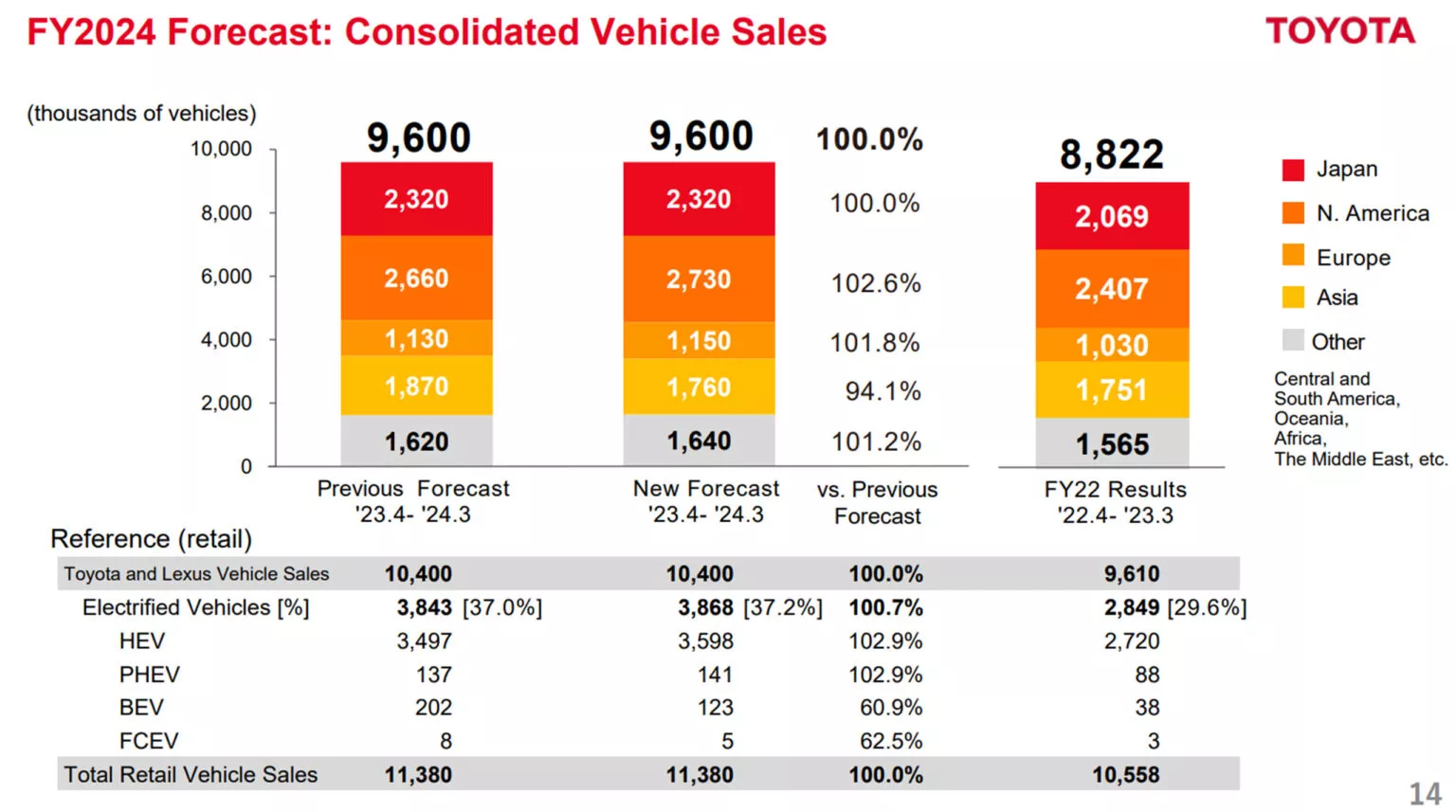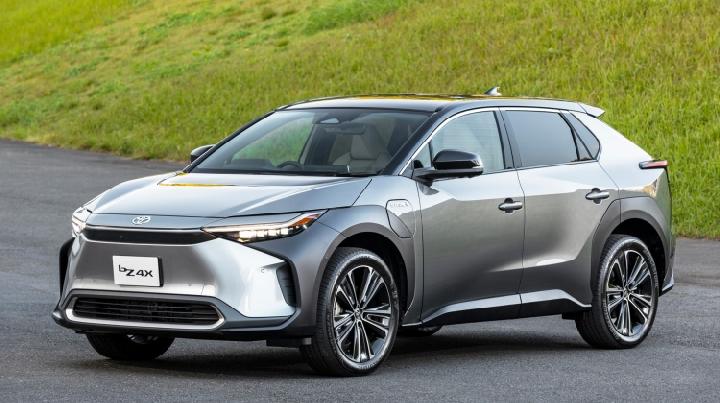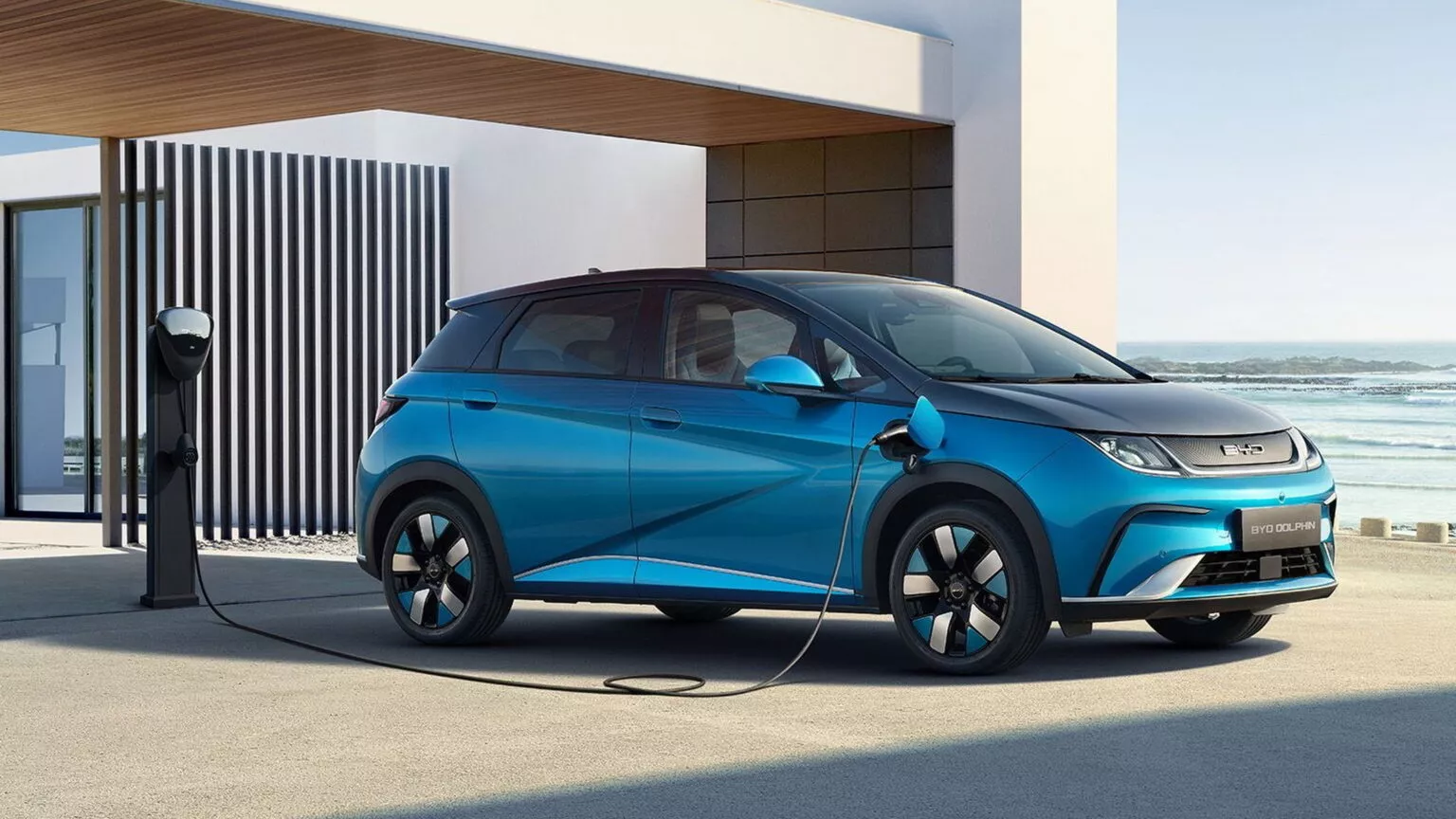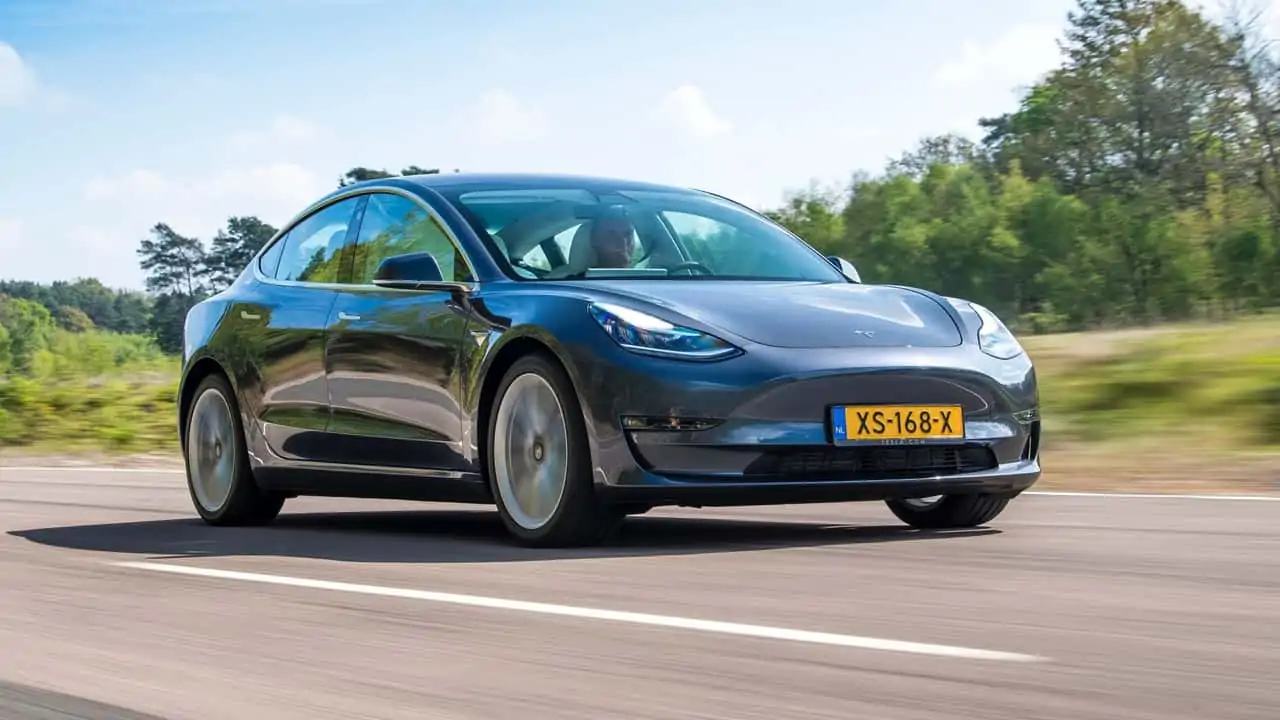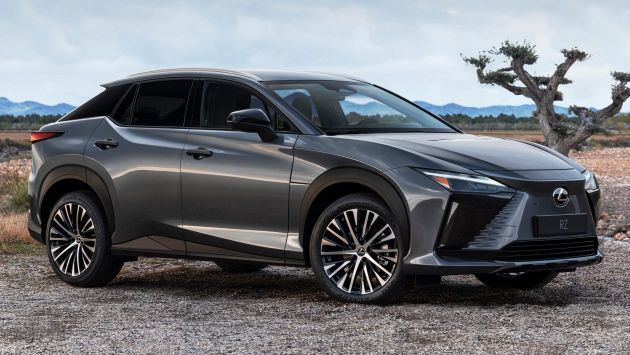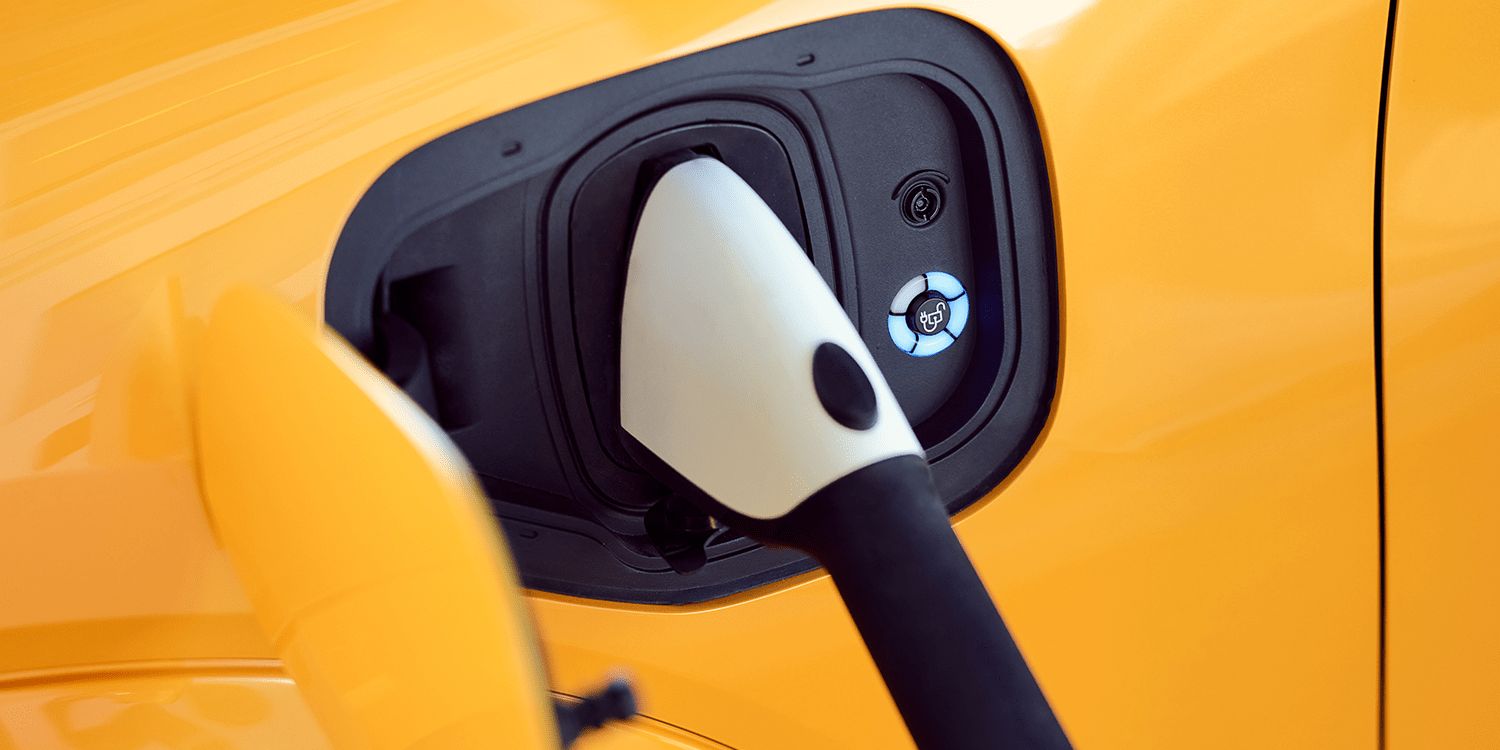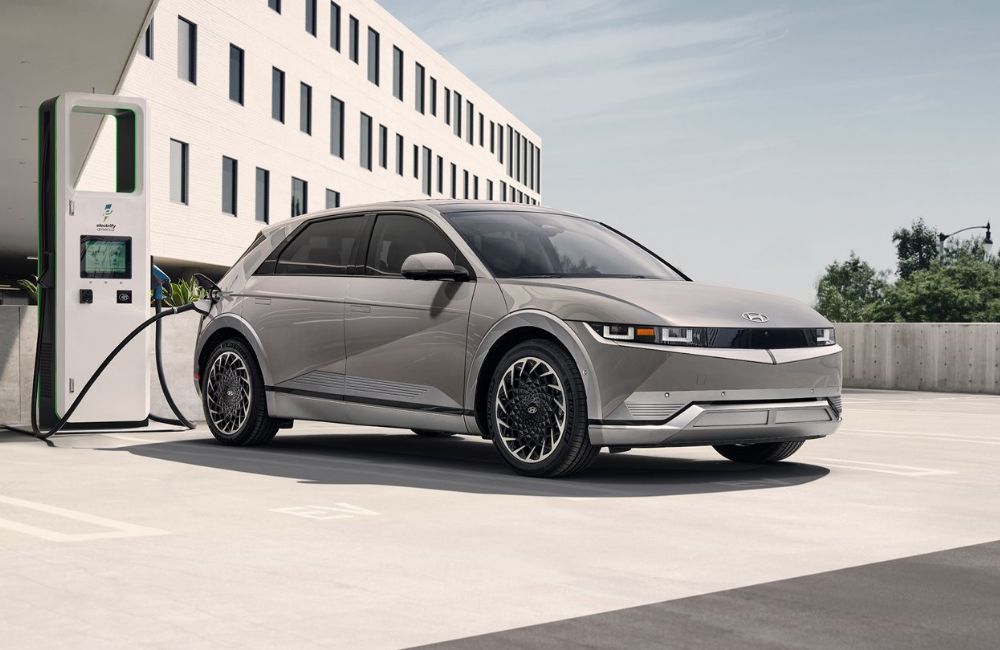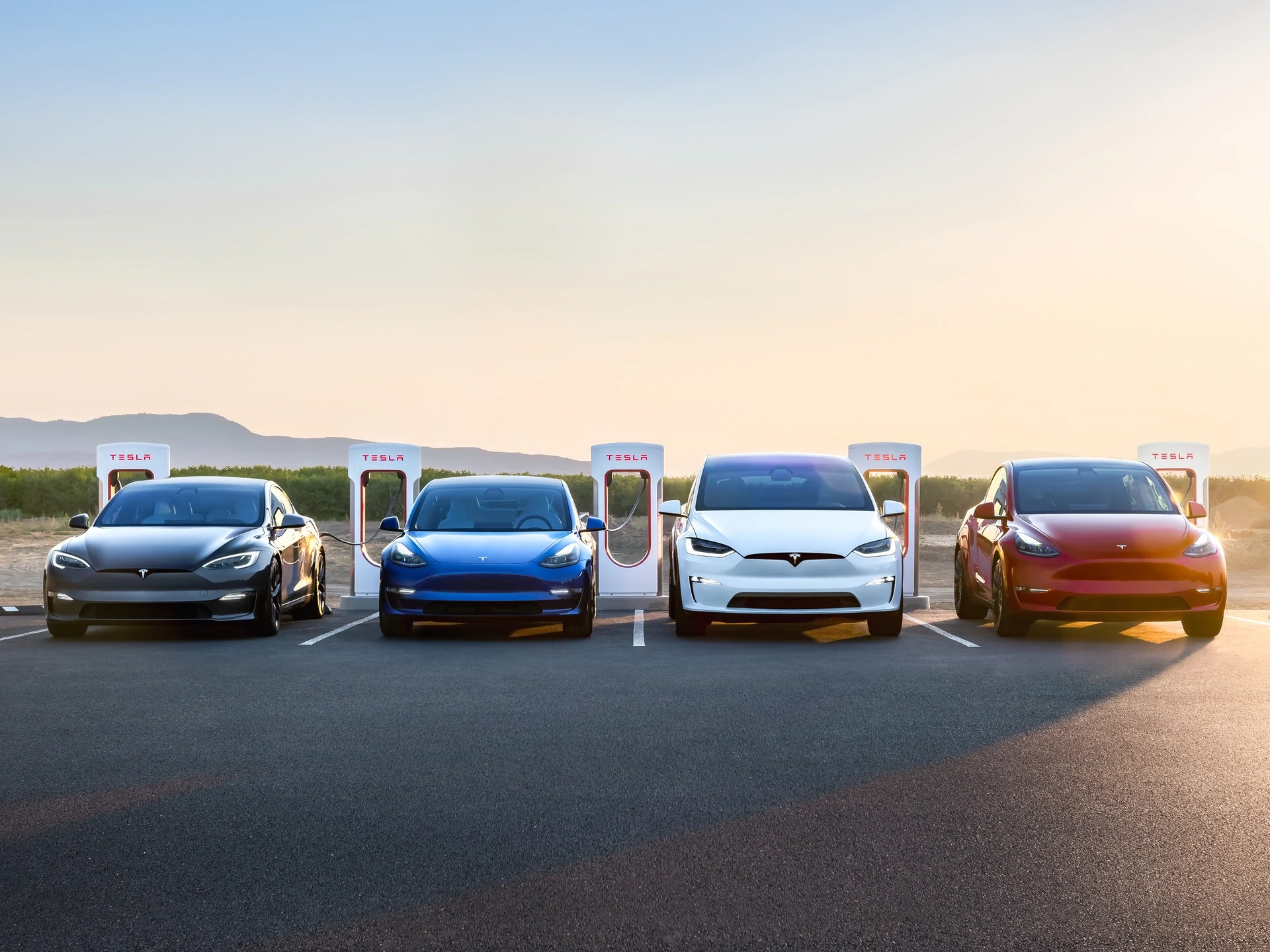Toyota, the Japanese automotive giant, has experienced a prosperous year with growing sales and profits during the first eight months of 2023. However, the company has made significant revisions to its sales projections for battery-electric vehicles (BEVs), reflecting an evolving strategy in the rapidly changing electric vehicle market.
In a previous forecast for the fiscal year running from April 1, 2023, to March 31, 2024, Toyota set ambitious targets, aiming to sell 202,000 BEVs, 137,000 plug-in hybrids, and 3,497,000 traditional hybrid vehicles. In the most recent update, Toyota has scaled down its BEV sales expectations for the financial year to 123,000 units, marking a 39.1% decrease from its initial projection. Nevertheless, this revised figure still represents a significant increase from the 38,000 BEVs sold during the 2022-2023 fiscal year. Toyota has also adjusted its sales forecast for hydrogen fuel-cell electric vehicles (FCEVs), reducing it from 8,000 units to 5,000 units.
Over the next six months, Toyota anticipates an upswing in sales of its plug-in hybrid electric vehicles (PHEVs), projecting 141,000 units, while sales of traditional hybrid electric vehicles (HEVs) are expected to reach 3,598,000 units. In sum, Toyota envisions electrified vehicles, including BEVs, PHEVs, and HEVs, accounting for 37.2% of total sales across the Toyota and Lexus brands, reflecting an increase from the 29.6% share observed in the previous year.
Discussing the revised sales forecast in light of Toyota’s most recent financial results, the company’s Chief Financial Officer, Yoichi Miyazaki, emphasized the role of the electric vehicle price competition in China as a key factor behind the sales adjustments. In response to this challenge, Toyota is actively working to enhance profitability in the Chinese market by increasing the supply of hybrid models. This strategic approach enables Toyota to maintain competitive pricing while other industry players resort to price cuts that can lead to diminished profit margins. Miyazaki further highlighted Toyota’s extensive range of powertrain options, which have effectively shielded the company from engaging in price competition with rivals.
Miyazaki pointed out, “Another major point is the careful timing of our investment decisions. Our comprehensive assessment of investments in BEVs and batteries, while considering the energy situation and infrastructure in each country, the evolution of technology, and changes in actual customer demand, has enabled us to establish a strong financial foundation for future investments.”
As the automotive landscape continues to evolve with electrification at its core, Toyota’s strategic adaptability demonstrates its commitment to staying competitive and maintaining financial strength while navigating the dynamic EV market.
